Roaring and berating teammates, giving the elders a cold shoulder! No. 13 leaves the team, and the biggest change in Liaoning Basketball is Zhao Jiwei

Liaoning Men's Basketball Team's dream of "four consecutive championships," how long can it last? From the high-profile start at the beginning of the season to the winter chill invasion, Liaoning Men's Basketball Team's performance curve is like a falling parabola. This team, which once won three consecutive championships and was unrivaled on the CBA court, suddenly seems like a broken porcelain bottle with leaks everywhere. The impact of Guo Ailun's departure has not yet been digested, and the state issues of Zhao Jiwei as the new core are emerging layer by layer, while the contradictions on and off the court seem to be draining the last bit of resilience from this team. With a current record of 20 wins and 10 losses, this does not match people's expectations for the defending champions. Zhao Jiwei, the leader who took on the burden, is he the root of the new problems or the fuse of the old contradictions?
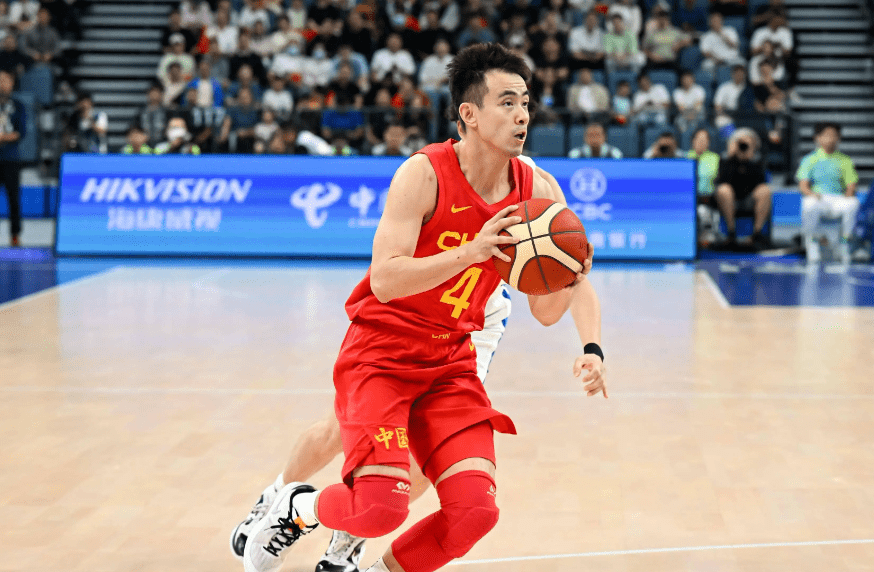
Before talking about Zhao Jiwei, we must mention Guo Ailun. His departure from Liaoning is like the main pillar of the family suddenly moving away, and this vacancy is temporarily unfilled. Guo Ailun's stable performance in the past, especially his scoring ability in crucial moments, was the backbone that kept Liaoning alive countless times. But now, he's gone, and Liaoning has lost a stabilizing force. The team needs to readjust its tactics, and the originally smooth chemistry has turned into chemical equations. Nearly half a season has passed, and these formulas have not yielded clear results.
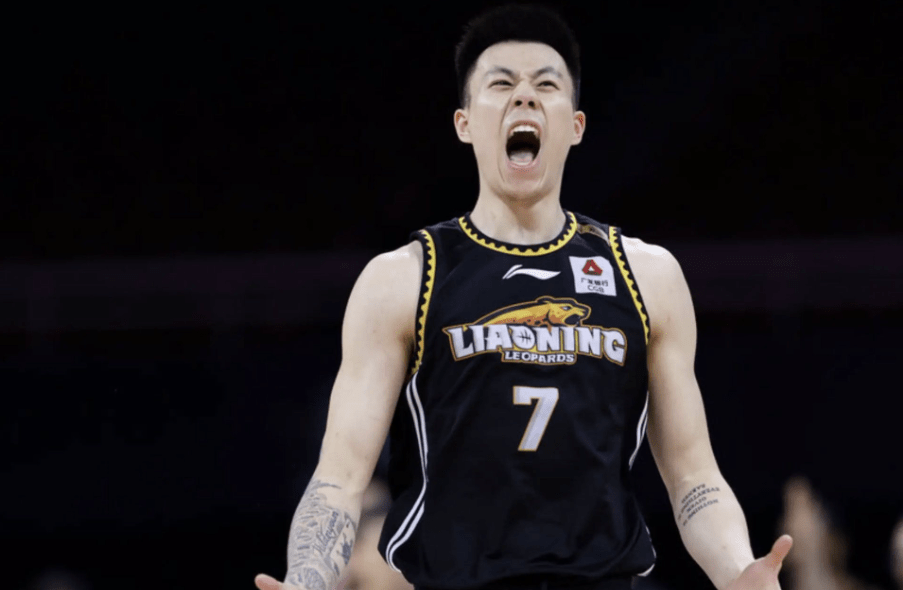
Thus, Zhao Jiwei's name has been thrust into the spotlight. He must transform from a "good assistant" to a "big brother," not a simple job transfer but a comprehensive role transformation. The problem arises—Zhao Jiwei is not Guo Ailun; his style leans towards organization but is not adept at breakthrough scoring. Once his teammates don't perform well, he finds it difficult to take control of the game calmly. This helplessness is not just a technical issue on the court but also a clear manifestation of psychological pressure.

When an avalanche occurs, no snowflake is innocent. Liaoning's current difficulties are not only due to Guo Ailun's departure but also directly related to Zhang Zhenlin's absence. Although this young player has only played two seasons, he has already become an indispensable part of Liaoning. Whether it's defensive coverage or the ability for quick counterattacks, he can directly change the course of the game.
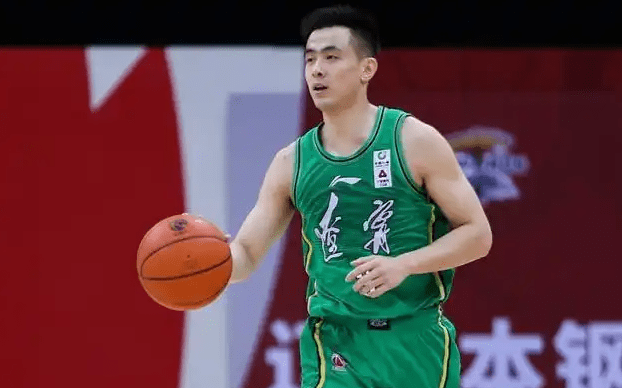
However, at the start of the new season, he has yet to return, causing Liaoning's tactical space to shrink significantly. With less shooting space and a lack of cushioning on defense, the team is caught off guard by the opponent's onslaught. This directly leads to Zhao Jiwei having to take on more responsibility than ever before, and it's clear that he wasn't prepared to respond to these pressures with an "all-purpose player" approach.
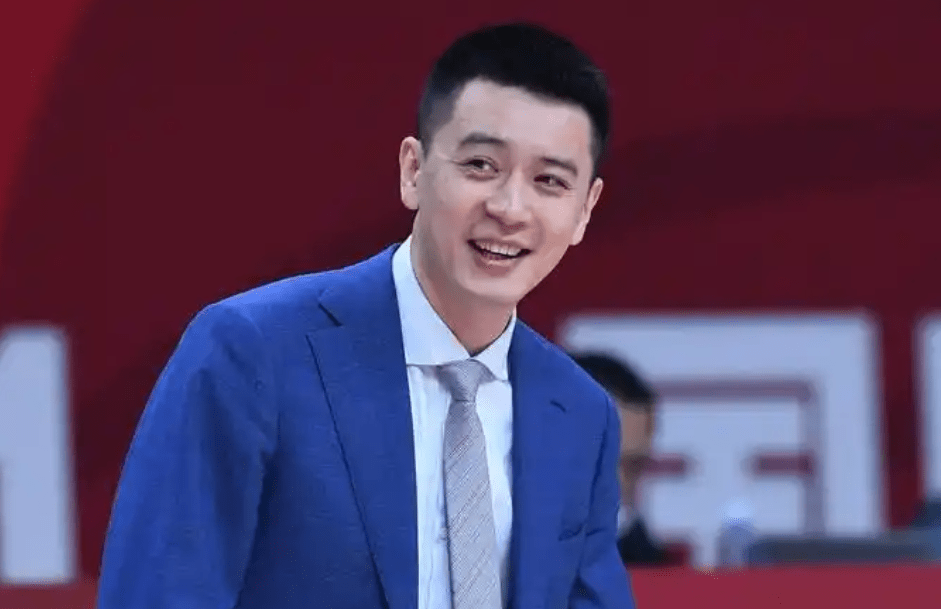
Pressure did not turn into motivation but exploded into a series of irritable emotions. Viewers who have watched Liaoning's games this year may notice a very distinct new "skill set" of Zhao Jiwei: typically, when he misses a shot or the team is caught up in points by the opponent, he vents his anger at his teammates, even in front of the live audience and camera lenses.

For example, in the game against Qingdao—Zhao Jiwei made only 1 out of 5 shots throughout the game, with a score embarrassingly stuck at 5 points. Yet, even so, he still berated his teammates during multiple timeouts, becoming a "hot search topic" on social media. The "military morale" of the team is not easy to maintain; it's more like a broken plate that easily cracks and is hard to repair. Zhao Jiwei's actions not only failed to reignite the fighting spirit but also left both young players and veterans at a loss.

This is not an isolated case. Looking at recent games, his state is a mess, with an average score that doesn't even reach 10 points. Despite recovering from injury, he still hasn't regained his former demeanor. As a top-paid player, such performance naturally invites a lot of criticism. Some say that his emotional instability and tendency to get angry on the court are actually because he himself is filled with a sense of powerlessness.
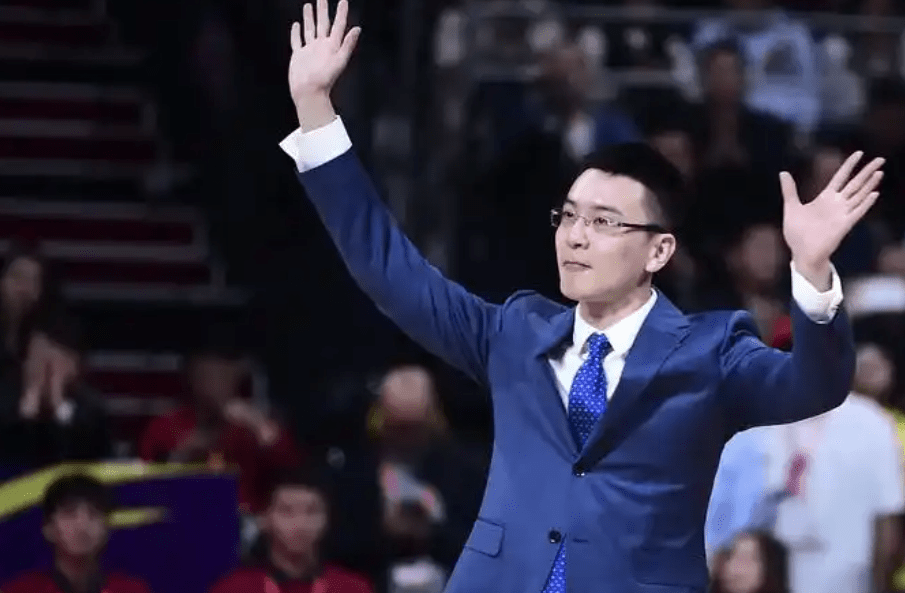
Let's talk about the coach. Yang Ming, though young and promoted, has always adhered to a strict military style, which is somewhat perplexing. One of the most questioned aspects of his decision-making is his excessive trust in players like Yan Shouqi. As a guard, Yan performs adequately, occasionally showing brilliance but with limited abilities, far from meeting Liaoning's requirements in the playoffs and championship pursuits. Yet Yang Ming prefers to push this "patch" onto the court frequently, even unwilling to give other potential players more opportunities in key matches.
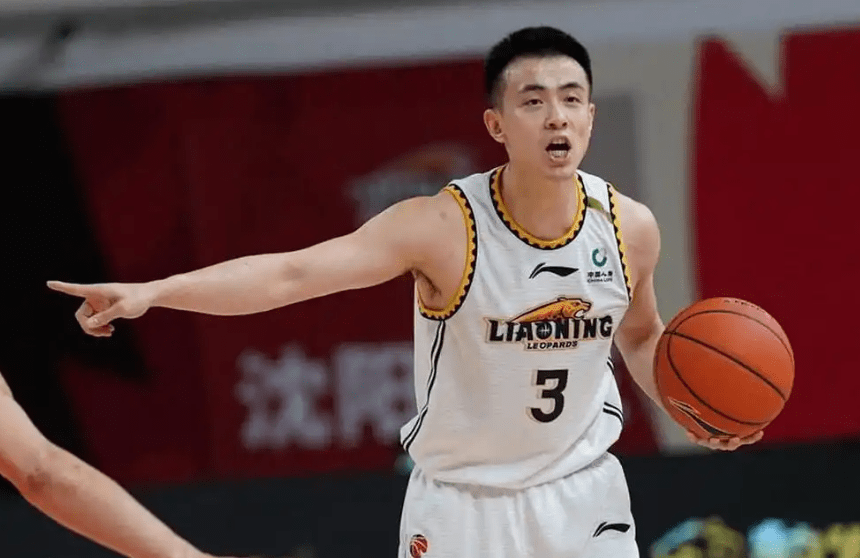
This makes young players like Wang Lanyu extremely depressed. On the one hand, they see the starting players' states not rising, yet they can only sit on the bench; on the other hand, with few opportunities to play, they find it hard to immediately find their rhythm in the game. Liaoning's veterans are not performing well, and the growth of young players is being stifled, inevitably affecting the team's combat effectiveness.
Adding insult to injury, Liaoning's problems are not limited to internal concerns but also external threats. This season, competitors like Guangdong and Xinjiang have shown exceptional strength, with a decisive attitude that suggests "only one team can laugh last this season." In contrast, Liaoning often suffers unexpected reversals in the fourth quarter of a series of tough battles. If even the title of "team with strong willpower" is lost, what can Liaoning rely on to resist the opponents' attacks?
Even excluding the factor of strong opponents, Liaoning itself has obvious flaws: the players' competitive states fluctuate greatly, the coaching rotation strategy is rigid, and the team culture is in turmoil due to the emotional issues of the core players. After all, for a team, these structural contradictions are the real time bombs that could explode at any moment.
Zhao Jiwei's problems are not entirely beyond understanding. His lack of aggressiveness means he cannot single-handedly carry the offensive banner like Guo Ailun; his promotion to the core may have been too hasty. More fundamentally, Liaoning has yet to find a new approach that truly replaces the "Guo Ailun" system, and relying solely on Zhao Jiwei cannot fundamentally change the situation.
Coach Yang Ming must also re-examine his personnel strategies, giving young players opportunities, even if these choices carry risks. But continuing to use old flotation devices will eventually lead to sinking.
The road ahead for Liaoning will not be smooth, especially the goal of four consecutive championships this season, which may have already turned into nothingness before the internal contradictions are resolved.
Zhao Jiwei must learn to withstand pressure, and Liaoning must learn how to share the burden for him in times of crisis. Most importantly, this team must quickly put the pieces back together; the season won't wait for them to adjust.
(Disclaimer) The processes and images described in the article are sourced from the internet. This article aims to promote positive social energy without vulgar or inappropriate content. If there are copyright or personal infringement issues, please contact us promptly, and we will delete the content immediately! If there are any questionable parts of the event, we will delete or make changes after contact.